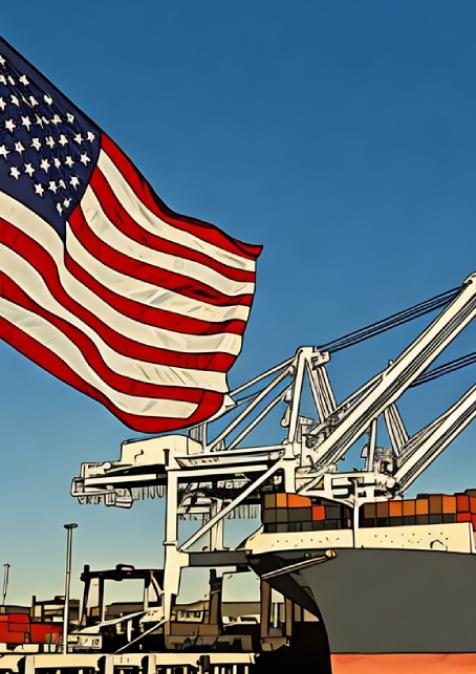Publications /
Policy Brief
The trade tensions between the United States and China will cause only minor immediate damage to their giant economies. However, tariffs have important and diverse effects on individual sectors and cause heightened uncertainty. The main adverse effects on Sub-Saharan Africa will therefore be through global investor confidence, economic growth and commodity prices, and these effects could be severe if the dispute escalates further and endangers the rules-based trading system. The trade tensions are also a symptom of the growing rivalry between China and the United States, raising challenging questions for African development strategy and diplomacy.
President Trump’s decision to increase tariffs from 10% to 25% on $200 billion-worth of imports from China, and his threat to do the same to the other $300 billion-worth of US imports from China which have not been penalized so far, marks a new and dangerous phase in the deterioration of international trade relations since his election in 2016.
China has just announced retaliation on $60 billion-worth of imports from the United States, a relatively mild response. The new tariffs raise three questions of general interest and more specifically for Sub-Saharan Africa (SSA): what will be the effect of the tariffs on the American, Chinese and, ultimately, the economies of SSA? What are the implications for the multilateral trading system on which SSA is crucially dependent? The questions for African are actually much broader than those that relate to trade: how will African nations be affected by the increasingly evident geopolitical competition between the two giants? I do not claim to give a definitive answer to these questions in a short brief, but I hope that the indicative response I provide below will trigger deeper study. I begin by providing some context on SSA’s external trade relations with China, the United States and the rest of the world.









